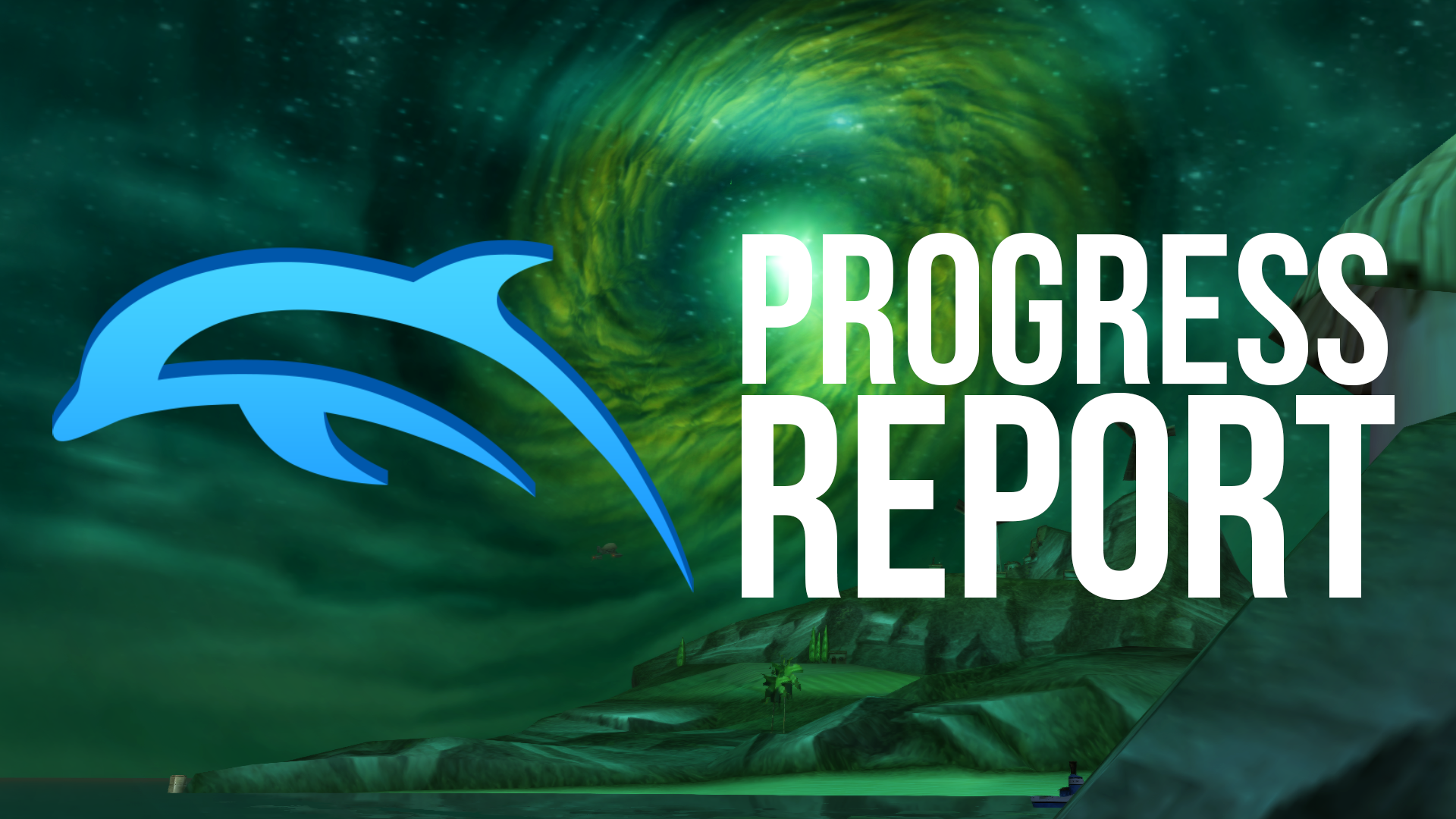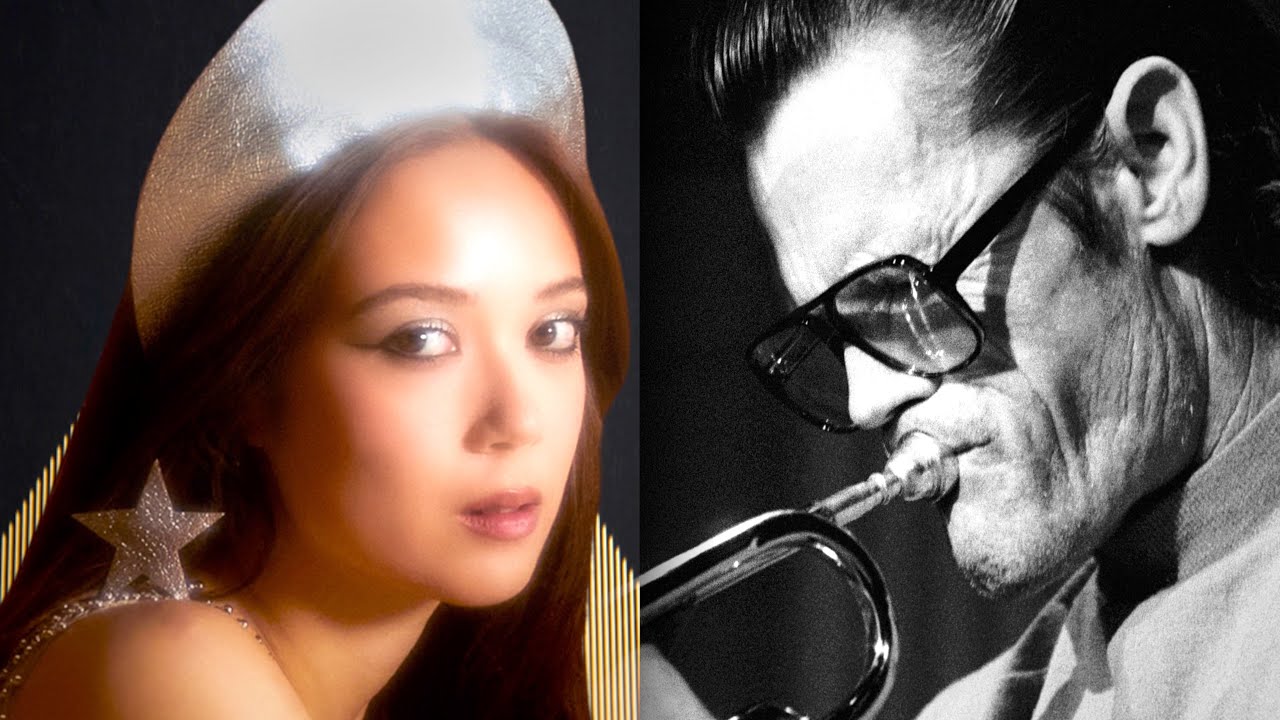
At the very end of David Graeber's Bullshit Jobs there's a good section about the DWP:
Excerpt
Let me end with a final testimony, from an activist friend whose political purpose in life is to render her own bullshit job unnecessary, and one of her fellow activists. Leslie is a Benefits Advisor in the United Kingdom, that is, she works for an NGO whose purpose is to guide citizens through the elaborate obstacle course successive governments have set up to make it as difficult as possible for those out of work, or otherwise in material need, to get access to the money the government claims it has set apart for them. Here is the testimony she sent in:
Leslie: My job shouldn’t be necessary, but it is, because of the whole long train of bullshit jobs invented to keep people who need money from having it. As if claiming any kind of benefit were not Kafkaesque, intrusive and humiliating enough, they also make it incredibly complicated. Even when someone is entitled to something, the process of applying is so complex most need help to understand the questions and their own rights.
Leslie has had to deal for years with the insanity that ensues when one tries to reduce human caring to a format that can be recognized by computers—let alone computers designed to keep caring precisely limited. As a result she ends up in much the same position as Tania in chapter 2, who had to spend hours rewriting job applicants’ CVs and coaching them on which keywords to use to “make it past the computer”:
Leslie: There are now certain words which have to be used on the forms, I call it the catechism, which if not used can result in a failed claim—but these are only known by those like myself who have had training and access to the handbooks. And even then, especially for disability claims, the claimant often ends up having to fight through to a tribunal to get their entitlement recognized. I do get a little thrill every time we win through for someone. But this doesn’t make up for the anger I feel about the colossal waste of everyone’s time this is. For the claimant, for me, for the various bods at the DWP [Department of Works and Pensions] who deal with the claim, for the judges at the tribunals, the experts called in to support either side. Isn’t there something more constructive we could all be doing, like, I don’t know, installing solar panels or gardening? I also often wonder about whoever made up these rules. How much did they get paid for it? How long did it take them? How many people were involved? To their minds I guess they were ensuring that the noneligible don’t get money . . . And then I think of visiting aliens laughing at us, humans inventing rules to prevent other humans from getting access to tokens of a human concept, money—which is by its nature not scarce.
[...]
Leslie told me of studies that demonstrate that any system of means testing, no matter how it’s framed, will necessarily mean at least 20 percent of those who legitimately qualify for benefits give up and don’t apply. That’s almost certainly more than the number of “cheats” who might be detected by the rules—in fact, even counting those who are honestly mistaken the number still only comes to 1.6 percent. The 20 percent figure would apply even if no one actually was formally denied benefits at all. But of course the rules are designed to deny as many claimants as can plausibly be denied: between sanctions and capricious applications of the rules, we’ve gotten to the point now where 60 percent of those eligible for unemployment benefits in the United Kingdom don’t get them. In other words, everyone she describes, the entire archipelago that starts with the bureaucrats who write the rules, and includes the DWP, enforcement tribunals, advocates, and employees who work for the funding bodies that process applications for the NGOs that employ those advocates, all of them, are part of a single vast apparatus that exists to maintain the illusion that people are naturally lazy and don’t really want to work—and therefore, that even if society does have a responsibility to ensure they don’t literally starve to death, it is necessary to make the process of providing them with the means of continued existence as confusing, time-consuming, and humiliating as possible.
Very cool system.

























Trump does love guys straight out of Central Casting...